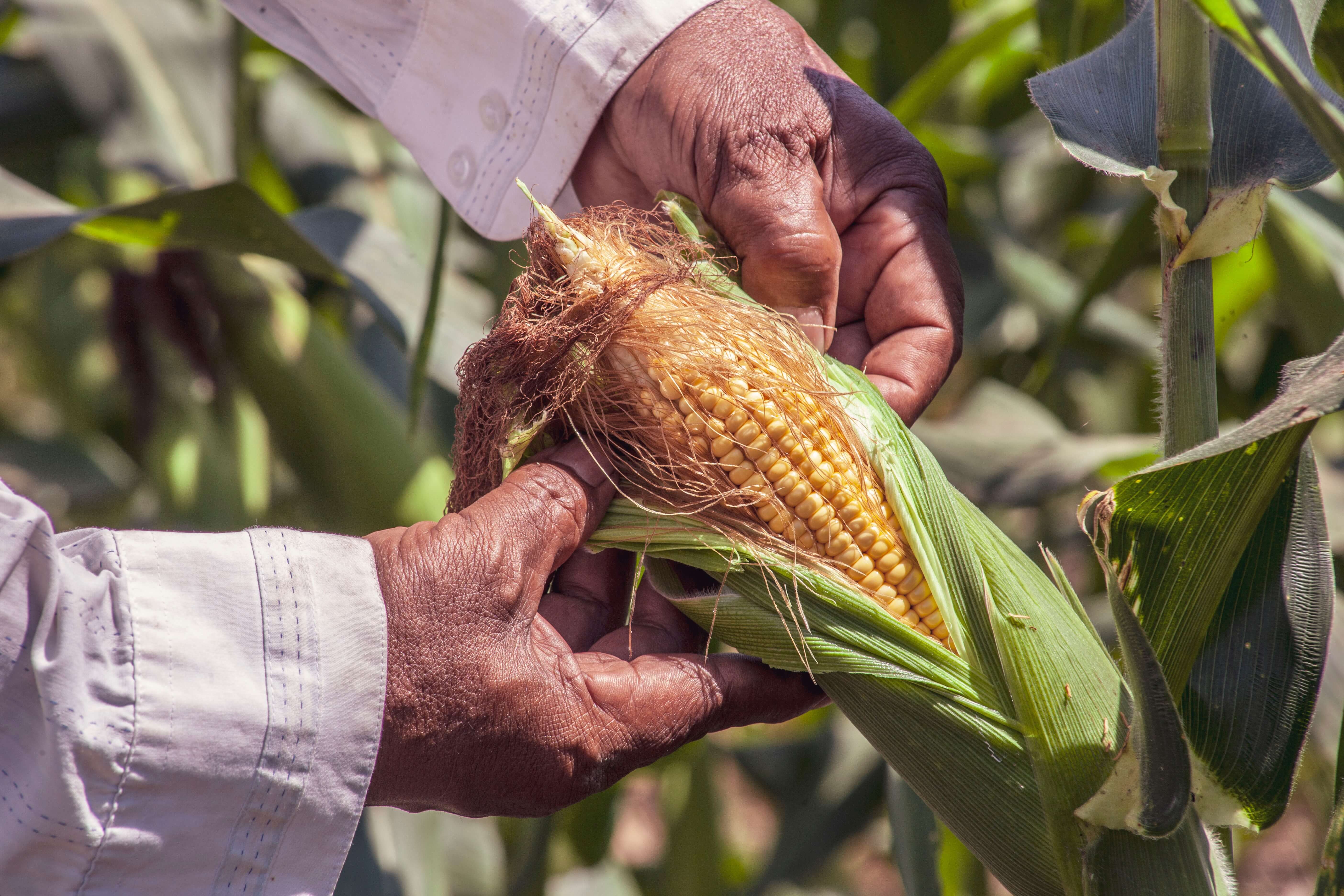Grace Breeding Ltd., an AgClimateTech company based in Israel, has announced promising results from field trials of its NFT Bio-fertilizer in corn plants conducted in collaboration with the University of Londrina (UEL) in Brazil. The trials demonstrated that the NFT Bio-fertilizer, combined with reduced nitrogen use, resulted in improved efficiency in nitrogen and water utilization, as well as increased carbon absorption in the corn plants. These findings highlight the potential of Grace Breeding’s NFT Bio-fertilizer as a sustainable solution for enhancing corn plant growth while reducing carbon emissions, particularly in regions with limited water availability such as Brazil.
The significance of these results is emphasized by Brazil’s recent emergence as the world’s top corn exporter, surpassing the United States. Assaf Dotan, the CEO of Grace Breeding, expressed excitement about the results, stating that the technology’s validation in both greenhouse and field trials, with the support of the University of Londrina and Gaia AgroSolutions, positions the company to enter the Brazilian market successfully. Dotan also highlighted Brazil’s status as the leading global adopter of biofertilizers, making the country an ideal target for Grace Breeding’s sustainable NFT technology.
The Brazilian field trials examined various physiological and nutritional aspects of corn plants grown with NFT technology. The results demonstrated increased production of photoassimilates, reduced water loss, and higher internal carbon accumulation in corn plants cultivated with NFT. Interestingly, even at lower doses of nitrogen (50% of the recommended amount), the corn plants did not exhibit changes in physiological and nutritional parameters compared to those grown with 100% of the recommended nitrogen amount. Moreover, the corn plants grown with NFT and reduced nitrogen doses did not show alterations in size, stem diameter, or the number of leaves.
Professor Juliano Vilela de Resende, from the Agronomy Department at UEL, commented on the trial results, noting the positive effects of NFT on the corn plant’s photosynthetic apparatus and carbon sequestration without excessive reliance on water. The research team also believes that NFT technology provides nutrients and carbon for beneficial microorganisms, such as nitrogen-fixing bacteria, potentially enhancing the soil biome.
One crucial aspect of NFT technology is its contribution to lower carbon emissions, making it a valuable tool for mitigating environmental damage. The study’s findings are particularly significant as they offer farmers an alternative to synthetic fertilizers, which are harmful to the environment while providing economic viability and increased carbon sequestration.
Around the world, researchers are actively seeking sustainable technologies for agribusiness that promote productivity, lower production costs, and preserve the environment. The efficiency of biofertilizers, especially those rich in nitrogen, and their ability to optimize water use and carbon mobilization through photosynthesis are at the forefront of global investigations. In Brazil, the University of Londrina, in partnership with Gaia AgroSolutions from Israel, is testing and validating technologies that align with these goals.
Grace Breeding’s collaboration with the University of Londrina is a significant step in further developing its NFT technology. The University is exploring how NFT can enhance nutrient absorption from the soil, increase carbon sequestration, and improve the efficiency of nitrogenous feeding, ultimately reducing farmers’ dependence on synthetic fertilizers.
Grace Breeding’s NFT works in conjunction with natural, non-pathogenic bacteria to enable crops to fix nitrogen naturally, reducing the need for chemical fertilizers. By doing so, the technology not only reduces CO2 emissions but also minimizes the environmental impact on soil and groundwater. Grace Breeding’s NFT can be applied to a range of field crops, including corn, wheat, soy, and rice. Additionally, the application frequency is reduced to once during sowing, as opposed to three to four times during the season, as is typical with traditional fertilizers.
Image provided by FRANK MERIÑO



1 Comment